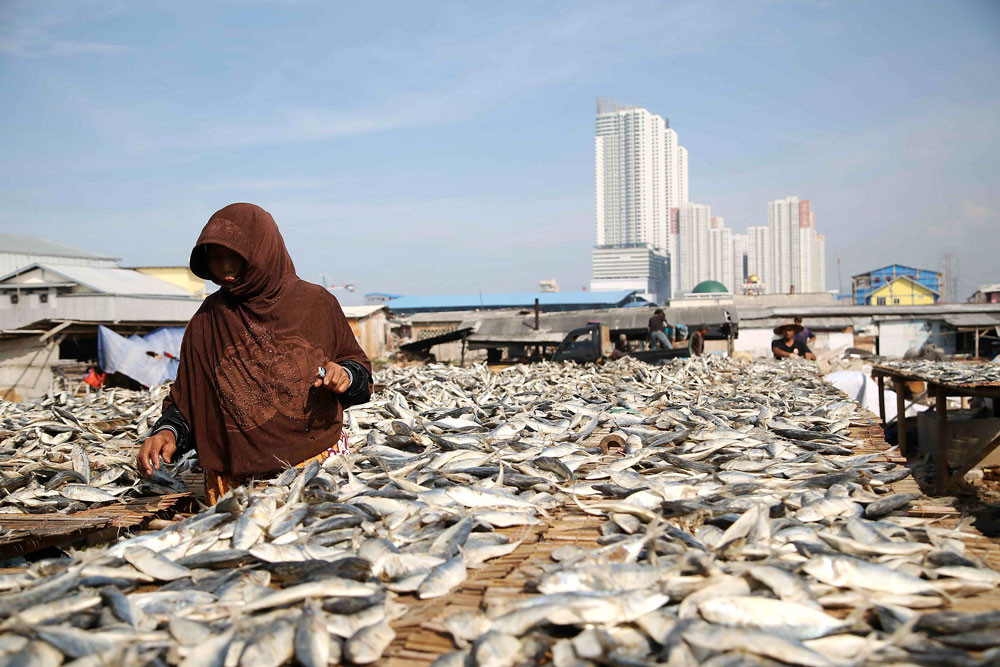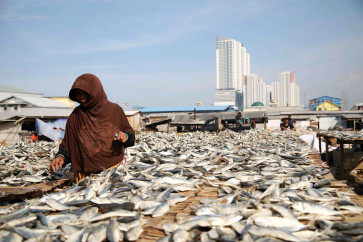Popular Reads
Top Results
Can't find what you're looking for?
View all search resultsPopular Reads
Top Results
Can't find what you're looking for?
View all search resultsWhy ocean sustainability matters to Indonesia
Although efforts have been made to improve the protection and management of the ocean, some problems remain prevalent in Indonesian waters.
Change text size
Gift Premium Articles
to Anyone
T
he ocean has always been an integral part of human life. Covering nearly 362 million square kilometers globally and with US$24 trillion in economic value (World Wildlife Fund, 2015) stemming from biodiversity, transportation, productive coastlines and the ability to absorb carbon, the world’s oceans undoubtedly provide economic and ecological services that are crucial for sustainable development.
The sea accounts for more than two thirds of Indonesia’s territory or 6.4 million square kilometers, giving it one of the largest national maritime areas in the world. The archipelago has the world's second-longest coastline, extending 108,800 km. Its seagrass beds, mangrove forests and coral reefs cover 293,464 ha, 3.36 million ha and over 25,000 sq km respectively, and according to 2017 data, its fish stocks amount to 12.54 million tons.
Undoubtedly, Indonesia's seas offer high potential for sustainable economic activity and environmental protection.
The concept of sustainable development came to the fore during the United Nations Conference on Human Environment in 1972 through the Stockholm Declaration, which set out the principle of environmental protection. The concept of sustainable development has since flourished and become a popular topic in international discussions.
In 1988, the Brundtland Commission published the report Our Common Future, which defined sustainable development as "development that meets the needs of the present without compromising the ability of future generations to meet their own needs".
The concept of sustainable development evolved and gained traction internationally until it finally reached a milestone with the formulation of the Sustainable Development Goals (SDG) in 2015. Under the SDG, the ocean plays an important role with the inclusion of “Goal 14: Life Below Water” as part of sustainable ocean development.
The world’s oceans, by nature, are intertwined, and therefore, in the discussion of ocean protection and management, global cooperation plays an important role. Indonesia, as a country with a very strong maritime position, has actively participated in global forums, including formulating the United Nations Convention on the Law of the Sea (UNCLOS), the UN Ocean Conference and the High-Level Panel on Sustainable Ocean Economy, of which President Joko “Jokowi” Widodo is a member.


















